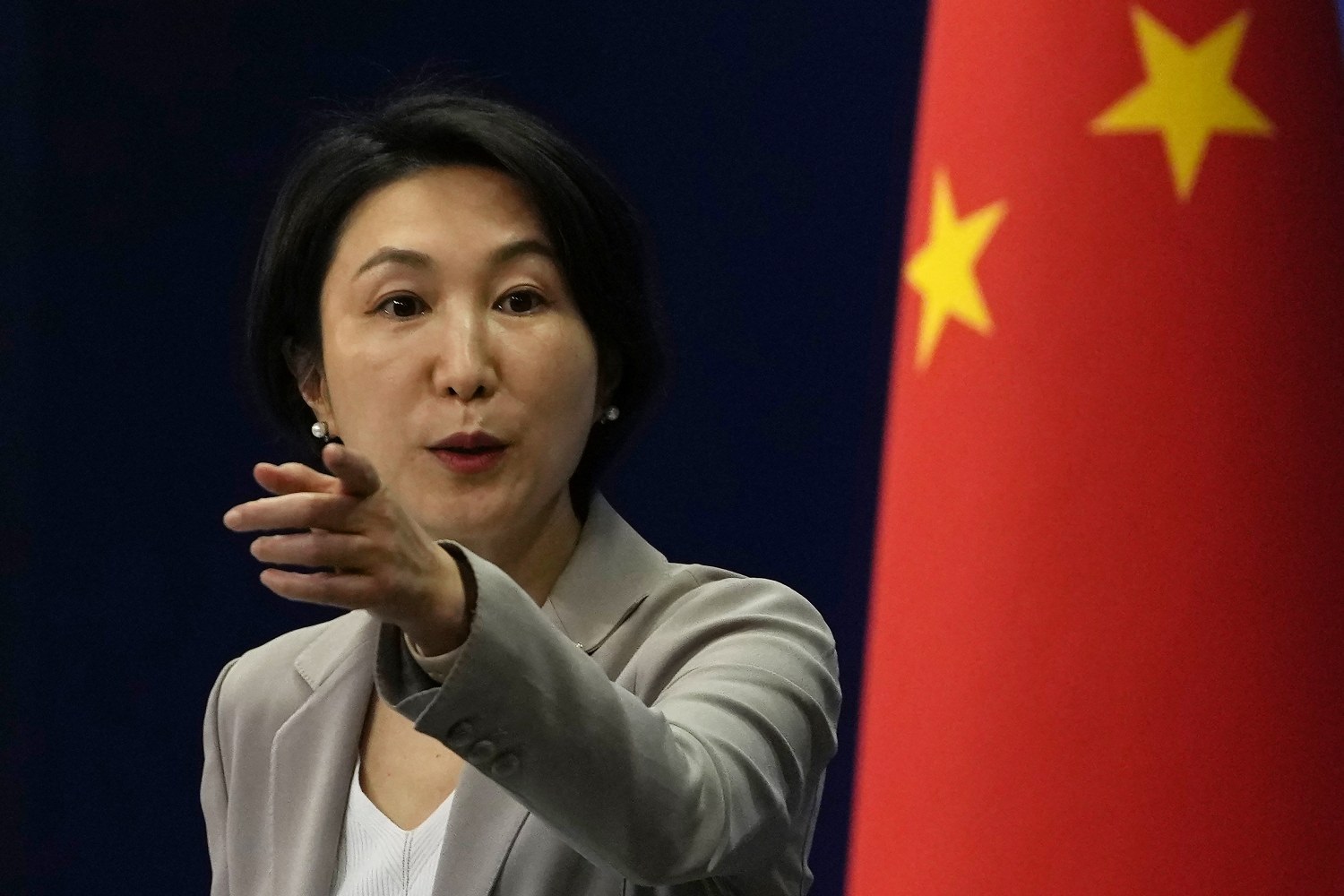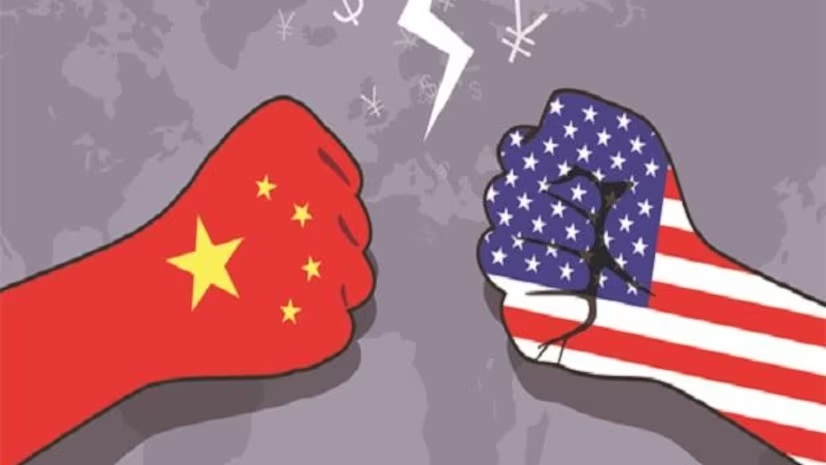
Mao Ning, a spokesperson for China’s Foreign Ministry, announced the countermeasures, asserting that Kharon has been gathering sensitive information related to Xinjiang and providing alleged evidence for America’s illicit sanctions. (Photo: Radio Free Asia)
Beijing responds to American sanctions by penalizing Kharon, an intelligence company advocating against Uyghur forced labor
Beijing has imposed sanctions on Kharon, a U.S.-based company specializing in assisting businesses to comply with the Uyghur Forced Labor Prevention Act, which prohibits the import of goods produced using forced labor from China’s far-west Xinjiang region. The move comes in retaliation against U.S. sanctions imposed on two Chinese officials for their involvement in severe human rights abuses against the Uyghur community.
Citing the Anti-Foreign Sanctions Law, Mao Ning, a spokesperson for China’s Foreign Ministry, announced the countermeasures, asserting that Kharon has been gathering sensitive information related to Xinjiang and providing alleged evidence for America’s illicit sanctions. The sanctions extended to Kharon’s director of investigations, Edmund Xu, and Nicole Morgret, a former researcher with the Center for Advanced Defense Studies.
Both Xu and Morgret are now barred from entering China, Hong Kong, and Macau, with their assets being frozen in these regions. Mao Ning called for the U.S. to cease smearing China, revoke unilateral sanctions on Chinese officials and companies, and halt the implementation of acts such as the Uyghur Forced Labor Prevention Act.
READ ALSO: United States’ Passing And Signing Of The National Defense Authorization Act 2024 Is Strongly Opposed By China
Los Angeles-based Kharon assists businesses in identifying a wide array of sanctions and compliance risks, including managing financial crimes, supply chain exposure, export controls, and investment risks. Notably, the company supports compliance with the Uyghur Forced Labor Prevention Act, which forbids the import of goods produced through Uyghur forced labor and presumes China’s involvement in such practices.
Beijing’s response to the U.S. sanctions serves as a strong assertion of China’s stance on the Uyghur issue, reflecting a complex and tense geopolitical landscape. The back-and-forth sanctions between the two global powers continue to impact businesses and organizations navigating compliance amid escalating political and human rights concerns.
READ ALSO: China Imposes Sanctions On US Company And Researchers Over Xinjiang Work
























